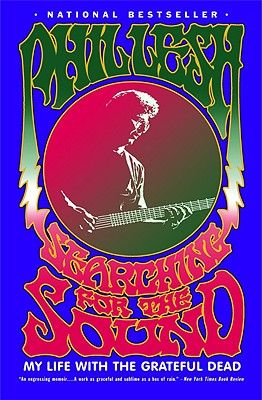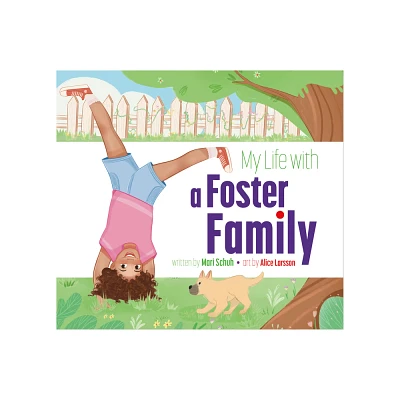Home
My Life the Sunshine: Searching for Father and Discovering Family
Loading Inventory...
Barnes and Noble
My Life the Sunshine: Searching for Father and Discovering Family
Current price: $20.00


Barnes and Noble
My Life the Sunshine: Searching for Father and Discovering Family
Current price: $20.00
Loading Inventory...
Size: Audiobook
*Product Information may vary - to confirm product availability, pricing, and additional information please contact Barnes and Noble
“Nabil traces the image of his father through song. With growing fascination and heartbreak, he draws out meaning from the shadow of absence, and ultimately redefines what it means to be a family.”
- Michelle Zauner,
New York Times
bestselling author of
Crying in H Mart
and Grammy nominated musician Japanese Breakfast
A memoir about one man's journey to connect with his musician father, ultimately re-drawing the lines that define family and race.
Throughout his adult life, whether he was opening a Seattle record store in the '90s or touring the world as the only non-white band member in alternative rock bands, Nabil Ayers felt the shadow and legacy of his father's musical genius, and his race, everywhere.
In 1971, a white, Jewish, former ballerina, chose to have a child with the famous Black jazz musician Roy Ayers, fully expecting and agreeing that he would not be involved in the child's life. In this highly original memoir, their son, Nabil Ayers, recounts a life spent living with the aftermath of that decision, and his journey to build an identity of his own despite and in spite of his father’s absence.
Growing up, Nabil only meets his father a handful of times. But Roy’s influence is strong, showing itself in Nabil’s instinctual love of music, and later, in the music industry—Nabil’s chosen career path. By turns hopefulwanting to connect with the man who passed down his genetic predisposition for musical talent—and frustrated with Roy’s continued emotional distance, Nabil struggles with how much DNA can define a family… and a person.
Unable to fully connect with Roy, Nabil ultimately discovers the existence of several half-siblings as well as a paternal ancestor who was enslaved. Following these connections, Nabil meets and befriends the descendant of the plantation owner, which, strangely, paves the way for him to make meaningful connections with extended family he never knew existed.
Undeterred by his father's absence, Nabil, through sheer will and a drive to understand his roots, re-draws the lines that define family and race.
- Michelle Zauner,
New York Times
bestselling author of
Crying in H Mart
and Grammy nominated musician Japanese Breakfast
A memoir about one man's journey to connect with his musician father, ultimately re-drawing the lines that define family and race.
Throughout his adult life, whether he was opening a Seattle record store in the '90s or touring the world as the only non-white band member in alternative rock bands, Nabil Ayers felt the shadow and legacy of his father's musical genius, and his race, everywhere.
In 1971, a white, Jewish, former ballerina, chose to have a child with the famous Black jazz musician Roy Ayers, fully expecting and agreeing that he would not be involved in the child's life. In this highly original memoir, their son, Nabil Ayers, recounts a life spent living with the aftermath of that decision, and his journey to build an identity of his own despite and in spite of his father’s absence.
Growing up, Nabil only meets his father a handful of times. But Roy’s influence is strong, showing itself in Nabil’s instinctual love of music, and later, in the music industry—Nabil’s chosen career path. By turns hopefulwanting to connect with the man who passed down his genetic predisposition for musical talent—and frustrated with Roy’s continued emotional distance, Nabil struggles with how much DNA can define a family… and a person.
Unable to fully connect with Roy, Nabil ultimately discovers the existence of several half-siblings as well as a paternal ancestor who was enslaved. Following these connections, Nabil meets and befriends the descendant of the plantation owner, which, strangely, paves the way for him to make meaningful connections with extended family he never knew existed.
Undeterred by his father's absence, Nabil, through sheer will and a drive to understand his roots, re-draws the lines that define family and race.


















